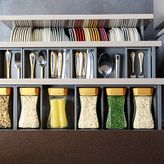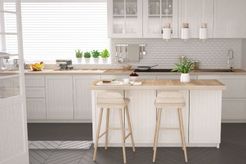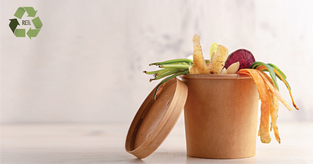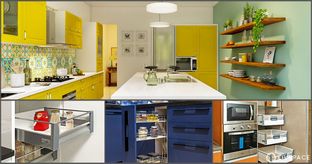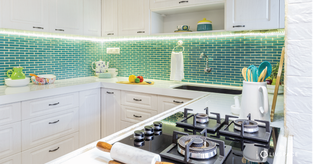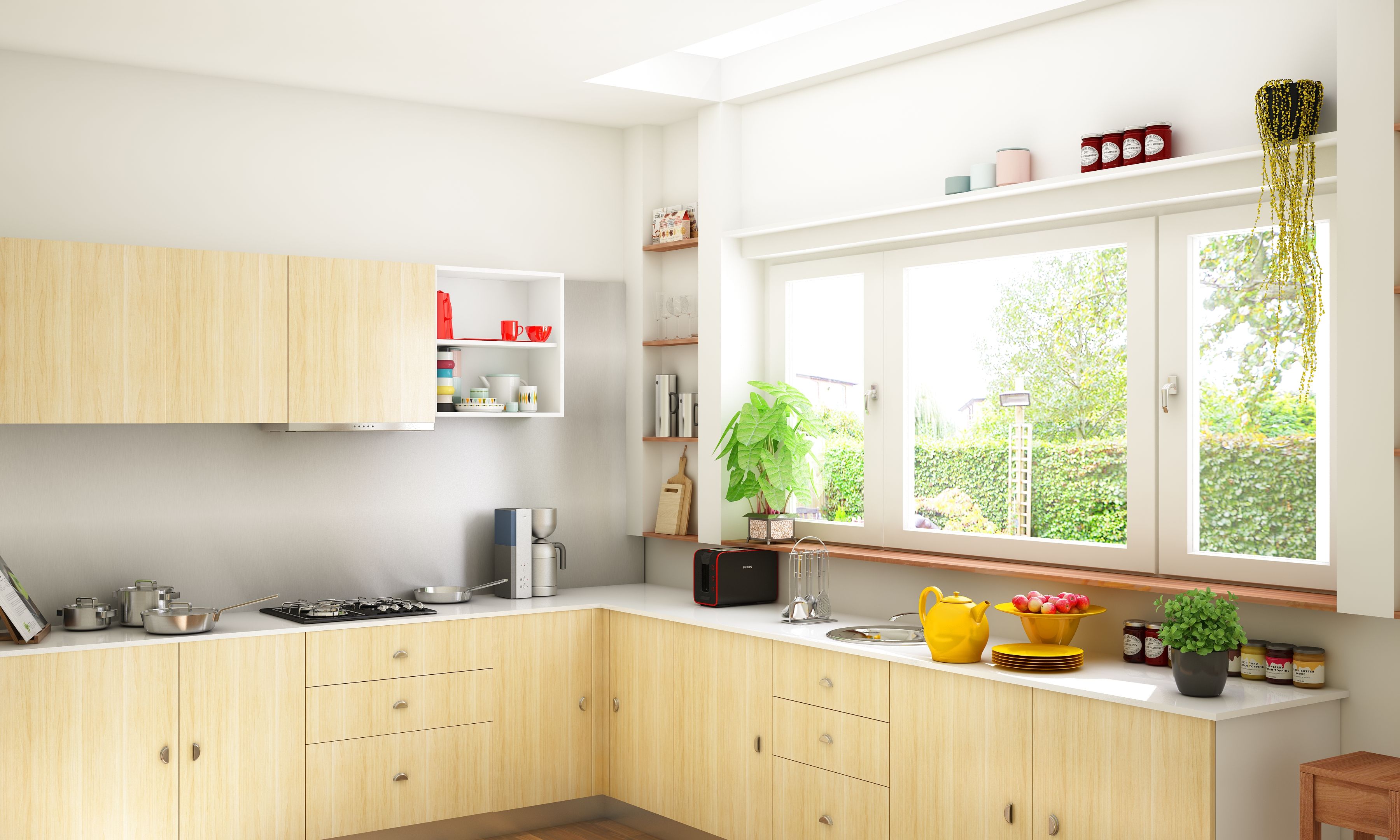
With gallons of water being wasted through leaking faucets and toxic air pollution, our environment has been in grave danger lately. However, you can embark on a change towards a greener, healthier lifestyle starting from the within the four walls of your kitchen.Here we tell you three easy, simple ways to make your kitchen more eco-friendly.
1. Cultivate a kitchen garden
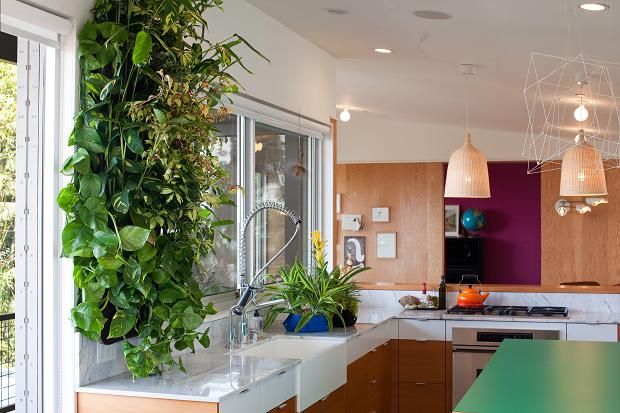
Growing a kitchen garden in your utility or balcony, an indoor herb garden or just adding potted plants to your kitchen is the best way to add a touch of green to your lifestyle. These will purify the air in and around your kitchen. In addition to decorative plants, grow herbs that have medicinal benefits and can also add taste to your food.
Ferns are easy to maintain plants which grow well indoors too. Plants like Grape ivy, tulsi, aloe vera etc. are grown for healing purposes. You can also grow lemon grass, bell peppers, mint or basil.
2. Conserve water
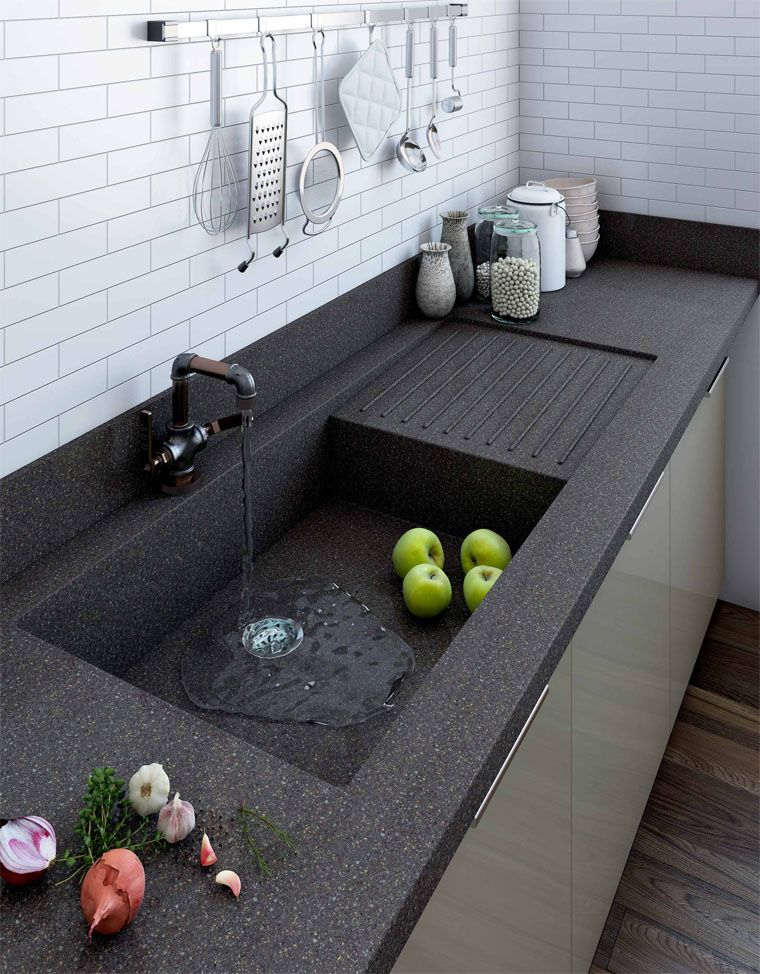
Did you know that a small drop of water from your leaking faucet amounts to 20 gallons of water? That’s how much water is being wasted in our homes on a daily basis. It’s time we put an end to this and adopt efficient ways to conserve water.
Fix that leaking faucet or invest in water-saving faucets that are available today as they’re one of the best ways to conserve water in the kitchen. Another eco-friendly kitchen idea is to use the run-off water from your kitchen sink to water your plants.
3. Compost organic waste
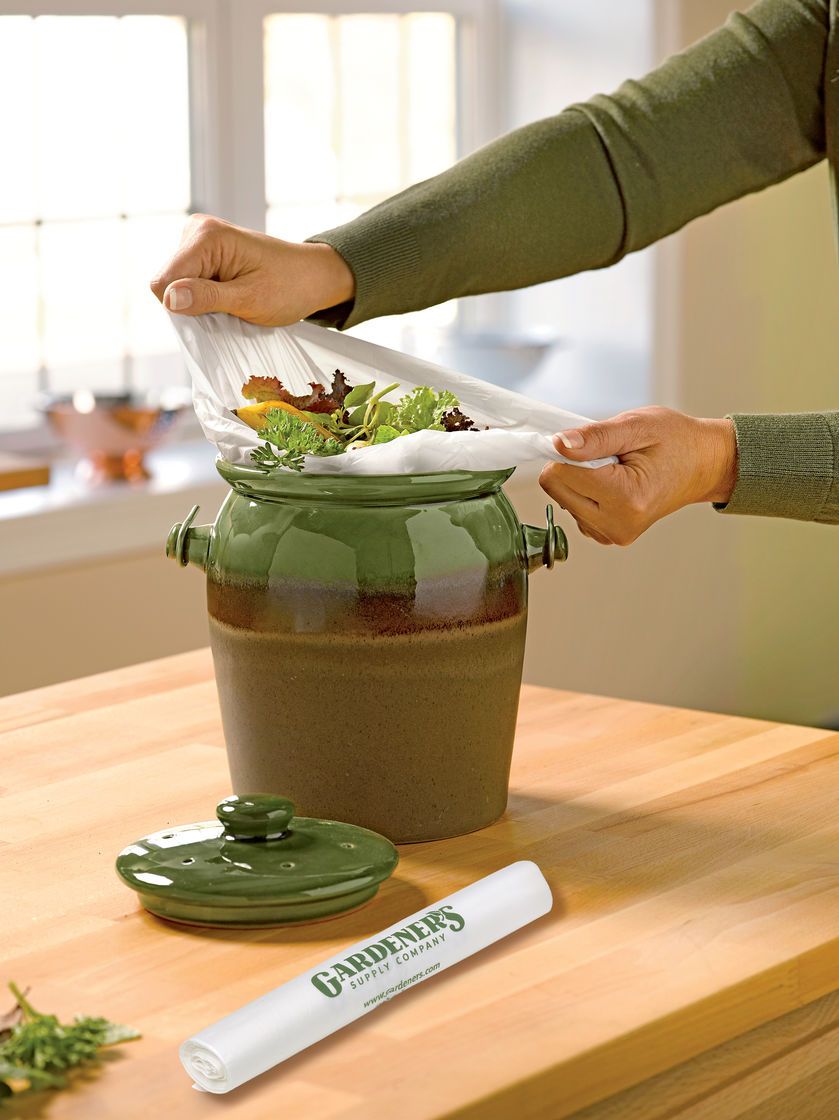
The world will be a much better place if waste segregation can be practised more diligently. Make it a point to segregate organic waste (such as leftover food – tea leaves, coffee, vegetable peels, rice, egg shells) from all your dry waste (empty packets, plastic bottles etc.) to ensure it is recycled for future use.
Moreover, you could create compost with organic waste instead of producing more garbage. To create a compost bin:
- Drill small holes on the sides of a large bin or earthen container. Fill the bottom with a layer of soil
- Fill the bin with alternate layers of kitchen waste and some twigs and dry leaves
- Cover the bin with a lid or plank of wood. Rake the contents occasionally.
With 2 or 3 months, your kitchen waste will be converted to compost. This compost can be used in your kitchen garden to provide rich nutrients for your plants.
It’s the little things we do that make a huge difference, whether applied in our personal lives or for the environment. Before we step outside our homes to make the world a better and cleaner place, let’s first begin to change our little world at home.


















